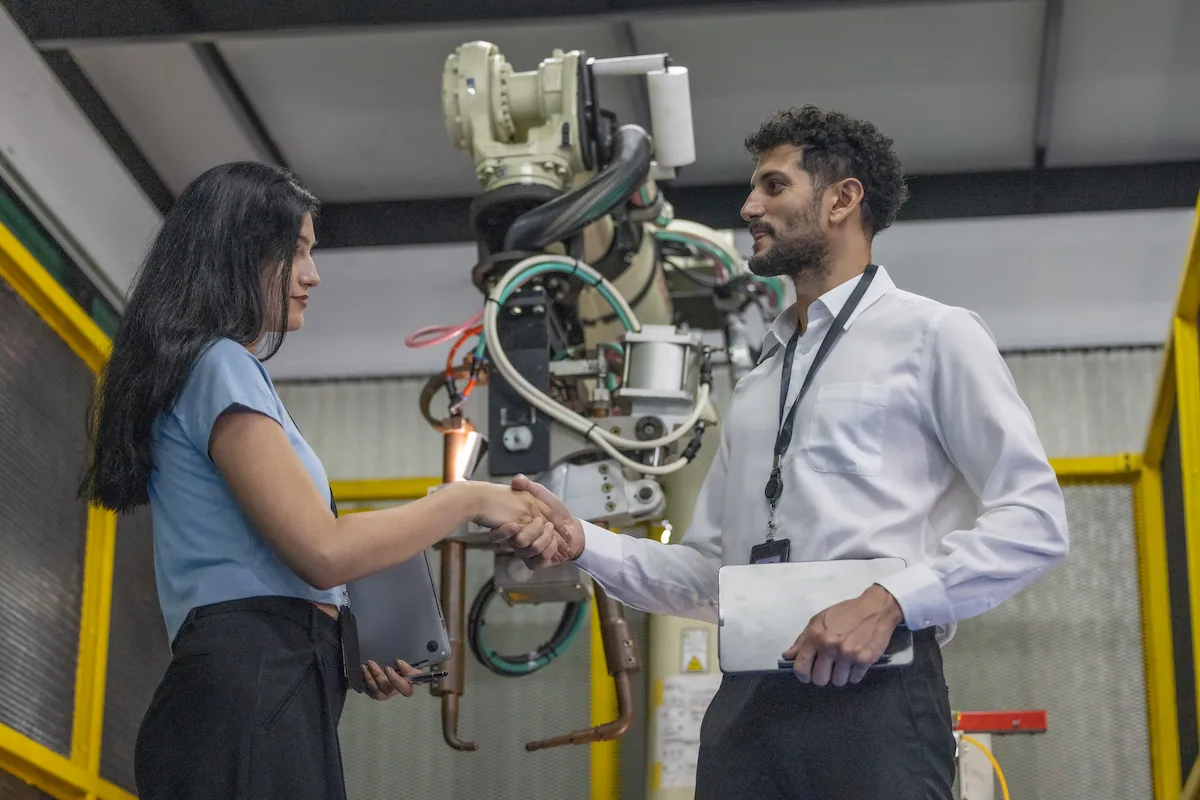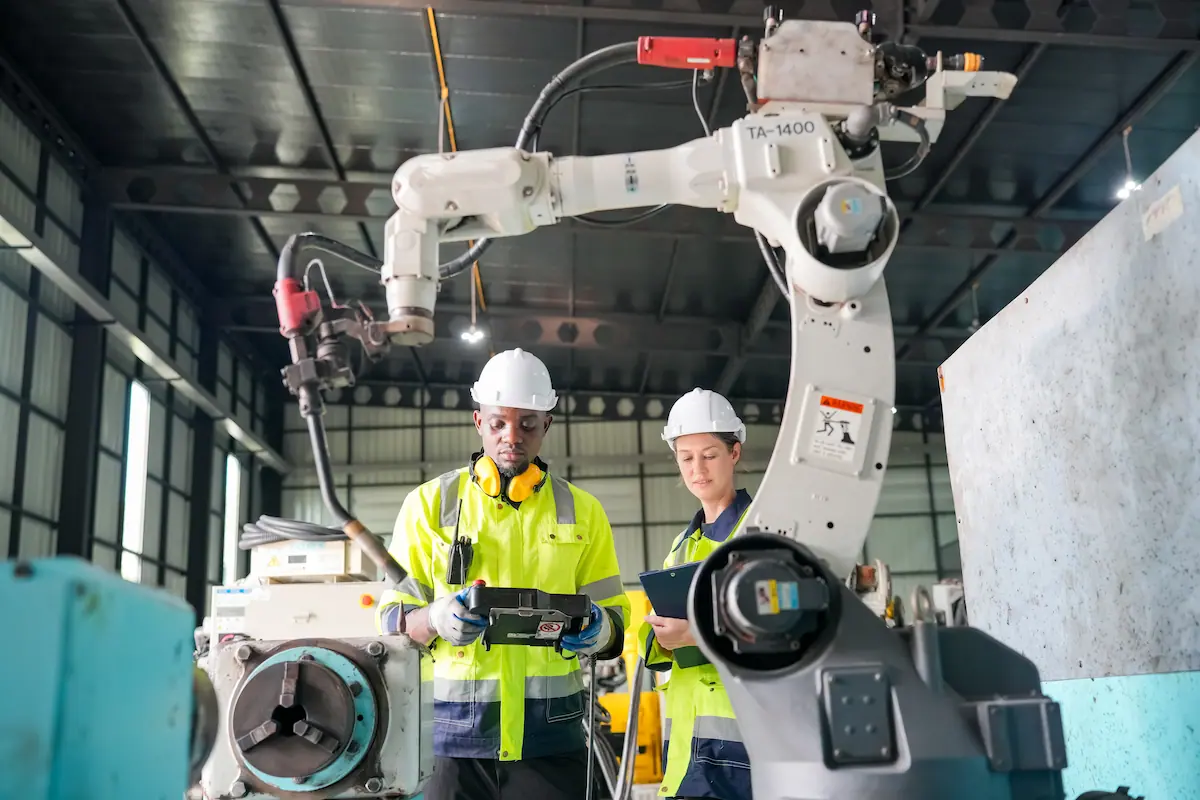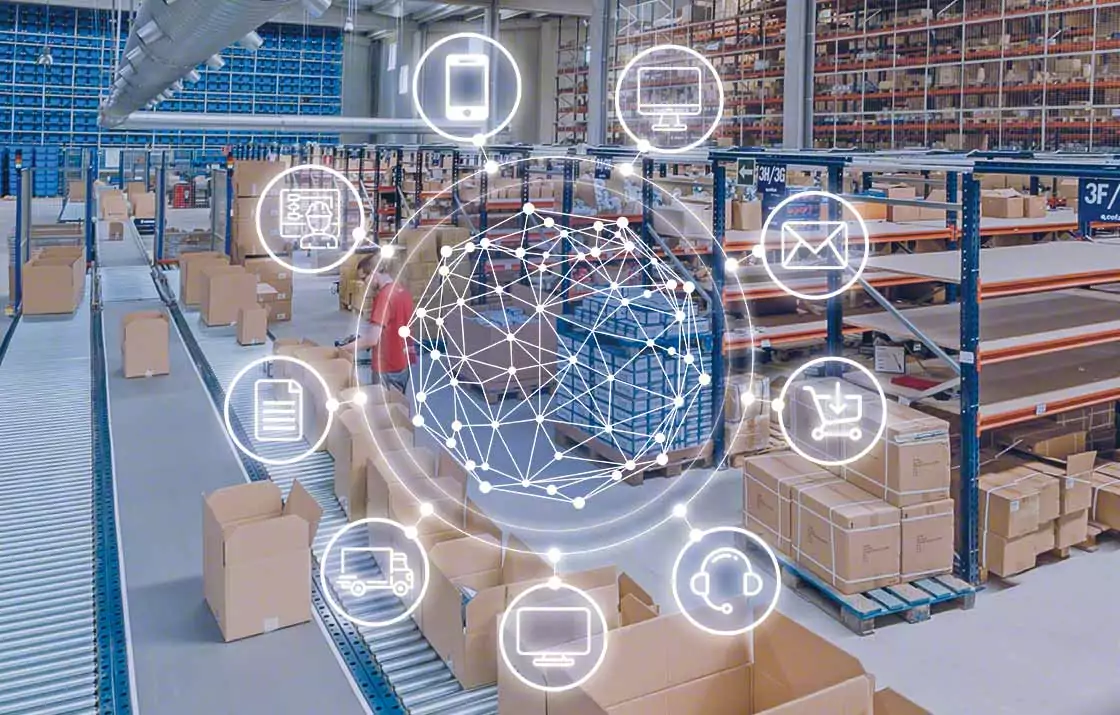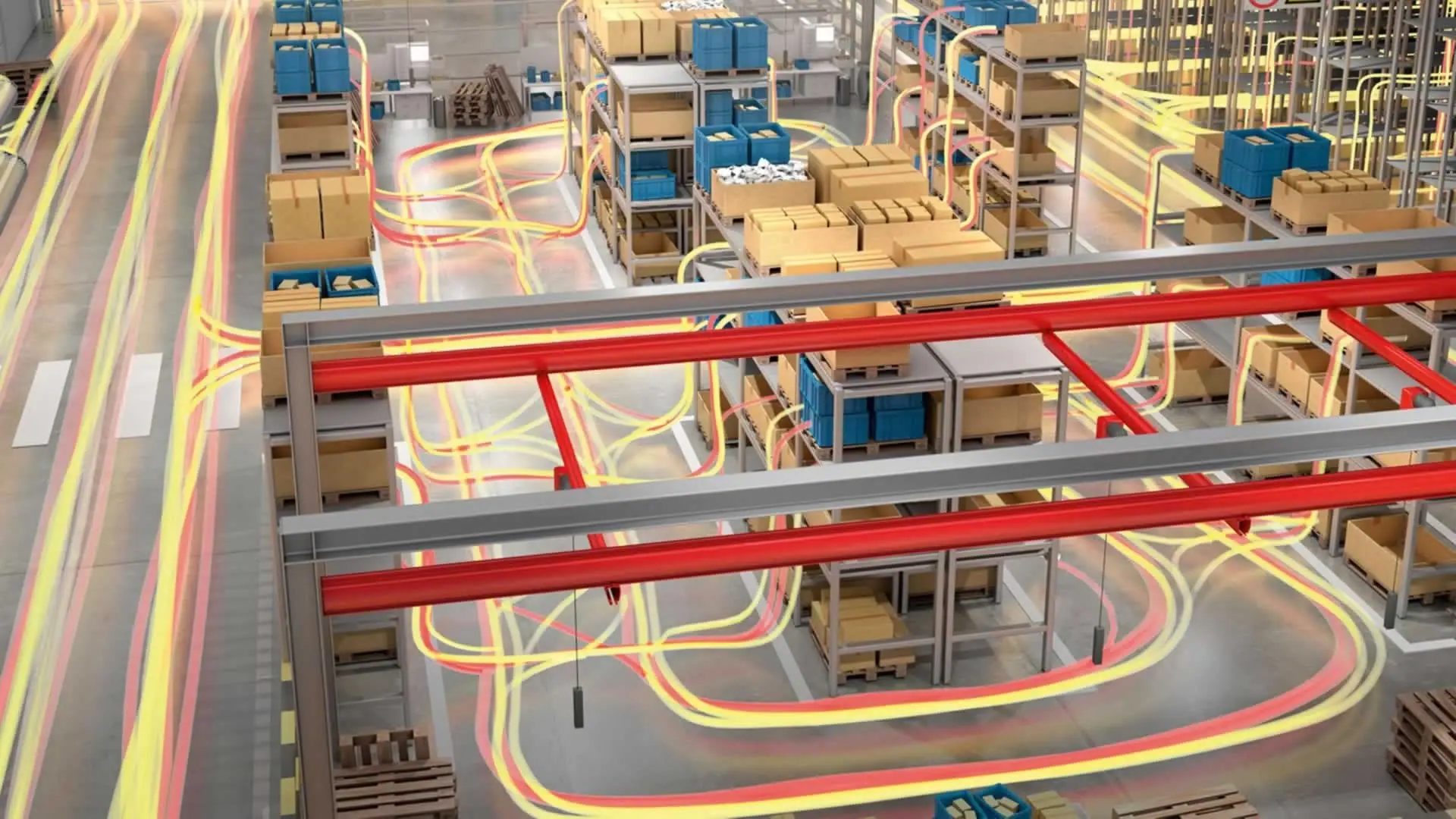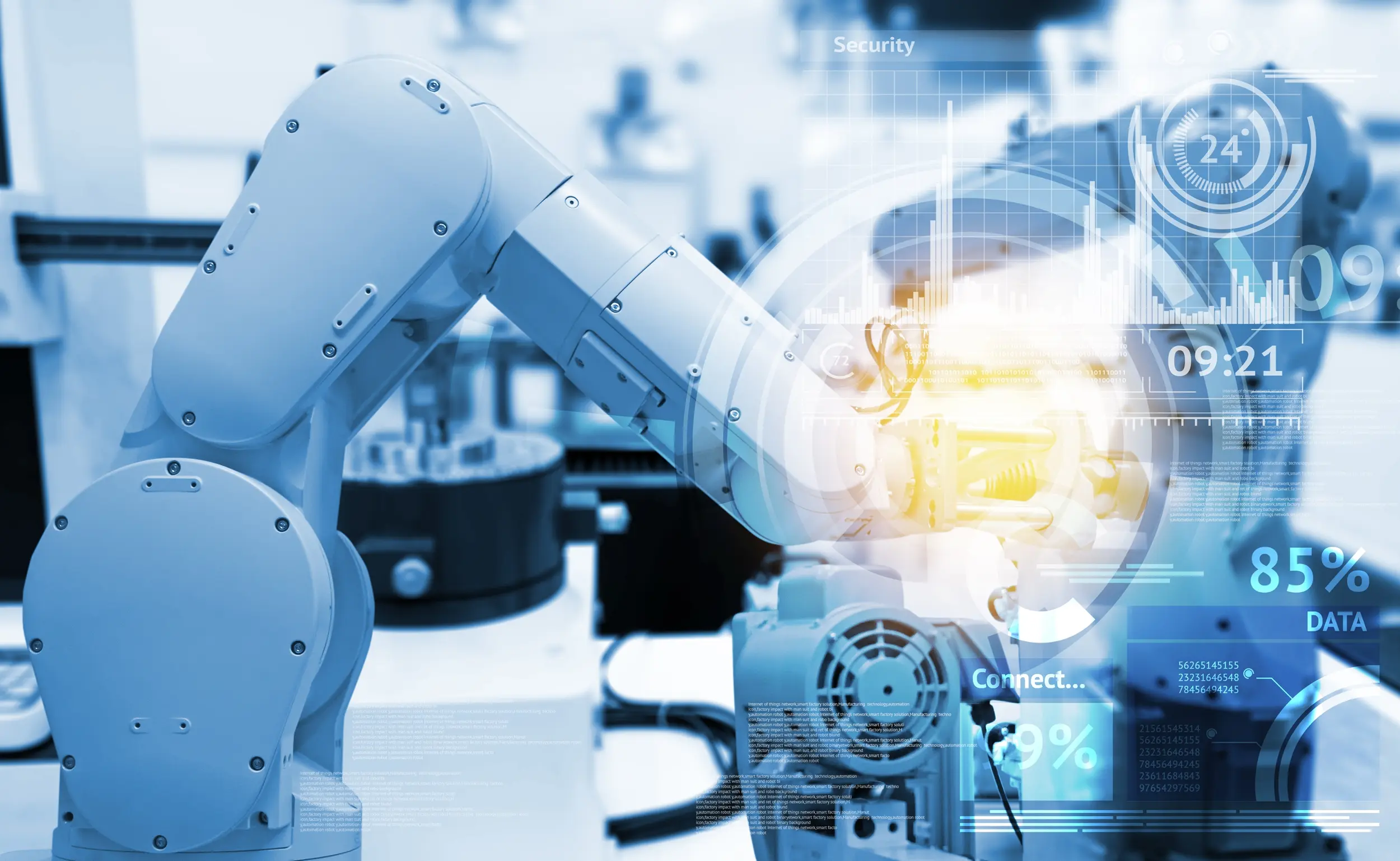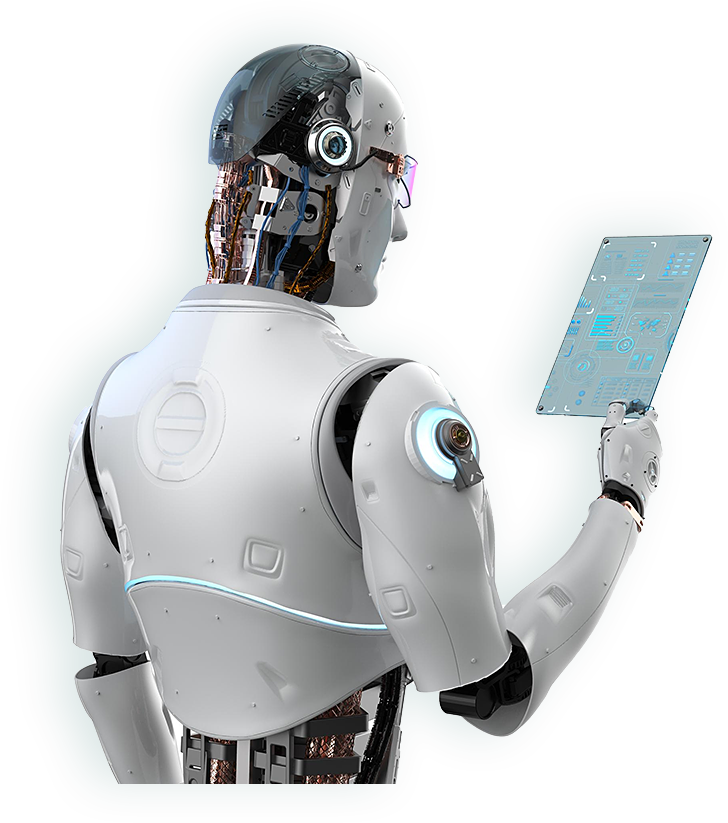Content index
ToggleA Robot Waiter it is a robotic machine designed to carry out the most repetitive tasks typical of the work of a human waiter.
Its application sectors are typically those of catering, therefore places of all kinds but also canteens and catering services, and accommodation, such as hotels, B&B residences and villages.
A Robot Waiter, Indeed, it doesn't just take care of table service.
Intended in a broader sense as service robots (Service Robot), these solutions can take care of customer reception, self check-in, customer service by providing information on the activity, cleaning and disinfection of environments and rooms, but also more complex tasks such as room service directly on the floor or take orders at the tables.
From the first prototypes of Robot Waiter for table service, therefore, thanks to theArtificial intelligence and the use of sensors such as LiDAR, increasingly evolved and technologically advanced, waiter robots are now capable of operating in complete autonomy.
Another strong point, which is contributing to the spread of these robotic solutions, is their level of customization.
A Robot Waiter, prior installation and customization of the software by System Integrators, can be truly adapted to the most diverse operational needs of restaurants and hotels.
But let's be clear, we use these sectors as an example only for their already consolidated predisposition to the adoption of solutions such as robot waiters. Their application, however, is enormously widespread even in different contexts such as healthcare and to provide services within large spaces such as shopping centres, stations and airports.
The current waiter robot market and future prospects
The trigger for the boom of this technology started from the catering sector and, like many innovations in recent years, was represented by the economic consequences of Covid.
In fact, what accelerated the adoption of waiter robots was first and foremost the temporary nature shortage of staff recorded globally, as well as the need to develop increasingly automatic businesses that reduce human contact to a minimum.
According to some data, for example, in suns USA, the restaurant sector has reduced the use of human staff by approximately 400,000 units compared to the pre-Covid period.
Beyond this trigger, however, the use of robot waiters is continuing to spread at a very rapid pace.
The only Chinese company Pudu Robotics, among the manufacturers of these robots, for example, since its foundation in 2016 has already distributed well 56 thousand robot waiters.
Same goes for Keenon, a company that has already opened beyond since 2010 56 marketing locations around the world, focusing its business on creation of intelligent robots for Horeca (acronym for hotellerie-restaurant-café).
Those of Keenon, in fact, are robots equipped with touch screens to show menus, take orders or check in at the hotel, but also robots equipped with trays able to take orders, interact with customers, carry out table service and collect used crockery to bring back to the kitchen and even to independently operate the room service on the floor, taking the lift..
The greatest diffusion of robot waiters currently occurs obviously in Asia, where most of them are produced. Even in the States, however, many large companies are adapting to the request and starting to design them.
In ItalyHowever, the market is in its embryonic state and there are still few restaurants that choose to focus on this technology.
For Italian restaurateurs, this data must be taken into particular consideration.
The few places that have already chosen to "hire" robot waiters, given the current state of the art, have no choice but to do so make news and arouse a lot of curiosity. Being the first in your city can therefore be seen as an investment capable of producing a huge advantage over the competition.
Robot Waiters and System Integrator, why bet
The previous chapter of this article, and especially the last passage regarding the prospects for the Italian market, gives a good idea of the reasons why the system integrator they should focus on solutions such as robot waiters.
But offering this technology in restaurants and hotels (or adapting it for use in your sector of specialization) can be a good idea for several others key factors.
All for the benefit of their businesses and their customers:
- Innovation and Differentiation: The integration of robot waiters in restaurants and hotels represents a significant innovation in the hospitality industry. Customers are always looking for unique and memorable experiences, and the use of robot waiters is a distinctive feature that can differentiate a business from the competition.
- Improved Customer Experience: Robot waiters can provide fast and accurate service to customers, improving the overall experience of those visiting the restaurant or hotel. Wait times can be reduced, orders are taken accurately, and the ability to interact with cutting-edge technology leaves a positive impression.
- Operational Efficiency: Using robot waiters reduces reliance on human staff for service and delivery tasks, allowing staff to focus on more complex, value-added tasks. This increases overall operational efficiency, reducing downtime and improving productivity.
- Long-Term Cost Reduction: While the initial investment might seem significant, robot waiters can reduce operating costs in the long run. Compared to human staff, robots require no wages, holidays, sick leave or social security contributions, leading to significant financial savings over time.
- Adaptability and Scalability: Robot waiters can be easily adapted to the specific needs of a restaurant or hotel. Additionally, if your business grows, you can deploy additional robots without having to go through the process of recruiting and training new human staff.
- Marketing and Promotion: As already mentioned, the introduction of robot waiters can serve as an excellent marketing tool. Media attention and the curiosity of customers attracted by the novelty can lead to greater visibility and notoriety for the business.
- Data and Analysis: Some waiter robots are equipped with advanced data collection technologies. This data can be used to analyze customer behavior, frequency of visits and preferences, offering valuable information to improve services and offers.
How much does a Robot Waiter cost?
The price of one Robot Waiter can vary based on various factors, so giving an objective estimate of their cost would be a mistake.
The cost depends first of all on the manufacturing company you choose to rely on, but above all on the individual characteristics of the Robot Waiter.
In fact, there are waiter robots of more or less small dimensions, with capacity for more or fewer trays, with different technical characteristics (such as closed and/or refrigerated storage/food compartments) but, above all, with different autonomy in carrying out tasks .
The possibility of integrate the various models differently of robot waiters with the systems already present in the structures or premises, through the use of technologies IoT.
For all these reasons, therefore, we prefer to provide a wide price range, stating that the average cost of a Robot Waiter it can range from 9 thousand euros up to 19 thousand euros.
TOD System at the service of integrators
In TOD System We don't like chasing new trends, we prefer to be pioneers.
For this reason in addition to advanced technological solutions that every day we design and create for automation in all industrial sectors, we also have fleets of Robot Waiters ready to be integrated into any context.
We have entered into commercial agreements with the best producers in the world to distribute in Italy Robot Waiters and other Service Robots capable of carrying out the most varied functions (from reception to table and room service, up to the cleaning and sanitization of environments).
Contact us to learn about all the models we can supply and to better understand the potential and innovation behind Waiter Robots and all Service Robots.

